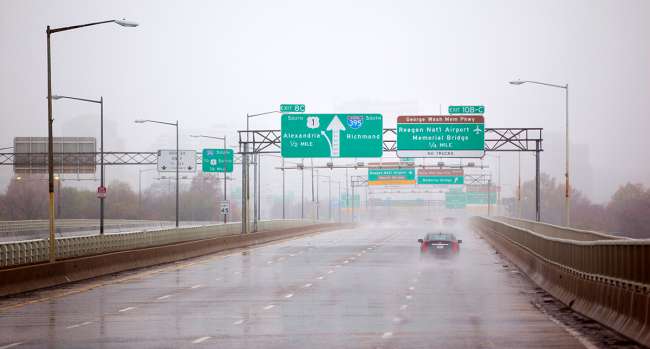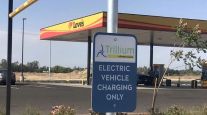Staff Reporter
FHWA Ends Plans for Two Environmental Studies of D.C.-Area Routes

The Federal Highway Administration is rescinding two notices of intent for environmental impact statements in Virginia and the District of Columbia, according to the Federal Register on Feb. 9.
The first study was initiated to examine ways to reduce congestion, enhance safety and improve traffic operation in the 14th Street Bridge Corridor of Interstate 395, which runs from the District of Columbia to Arlington, Va.
FHWA, Arlington County, the Department of Defense, the National Park Service and the transportation departments of both Virginia and the District of Columbia started planning for the study in 2006.
“This rescission is based on a lack of available funding for the full corridor proposals and has led to identification of numerous individual projects of independent utility,” the document states.
The second notice of intent for an environmental impact statement that FHWA rescinded has to do with two main public roadways that run through Manassas National Battlefield Park, about 30 miles west of the District of Columbia. The study was commissioned to identify and examine alternative means of transportation along the roads, namely State Route 29 and State Route 234.
According to the document, the rescission is based on a lack of funding for proposed road alignments and a lack of funding and planning approval for the Bi-County Parkway. Recommended by the Northern Virginia Transportation Alliance, the Bi-County Parkway would extend the Route 234 Bypass between I-66 in Prince William County and Northstar Boulevard north of US Route 50 in Loudoun County.
The document states that the notice of intent for the previously notified environmental impact statement is being rescinded due to funding constraints for the proposed new road alignments proposed by the draft environmental impact statement.”
“A lack of funding and withdrawal of local planning approval for the Bi-County Parkway make it impossible to create a complete Battlefield Bypass without this essential roadway segment,” according to the document.




